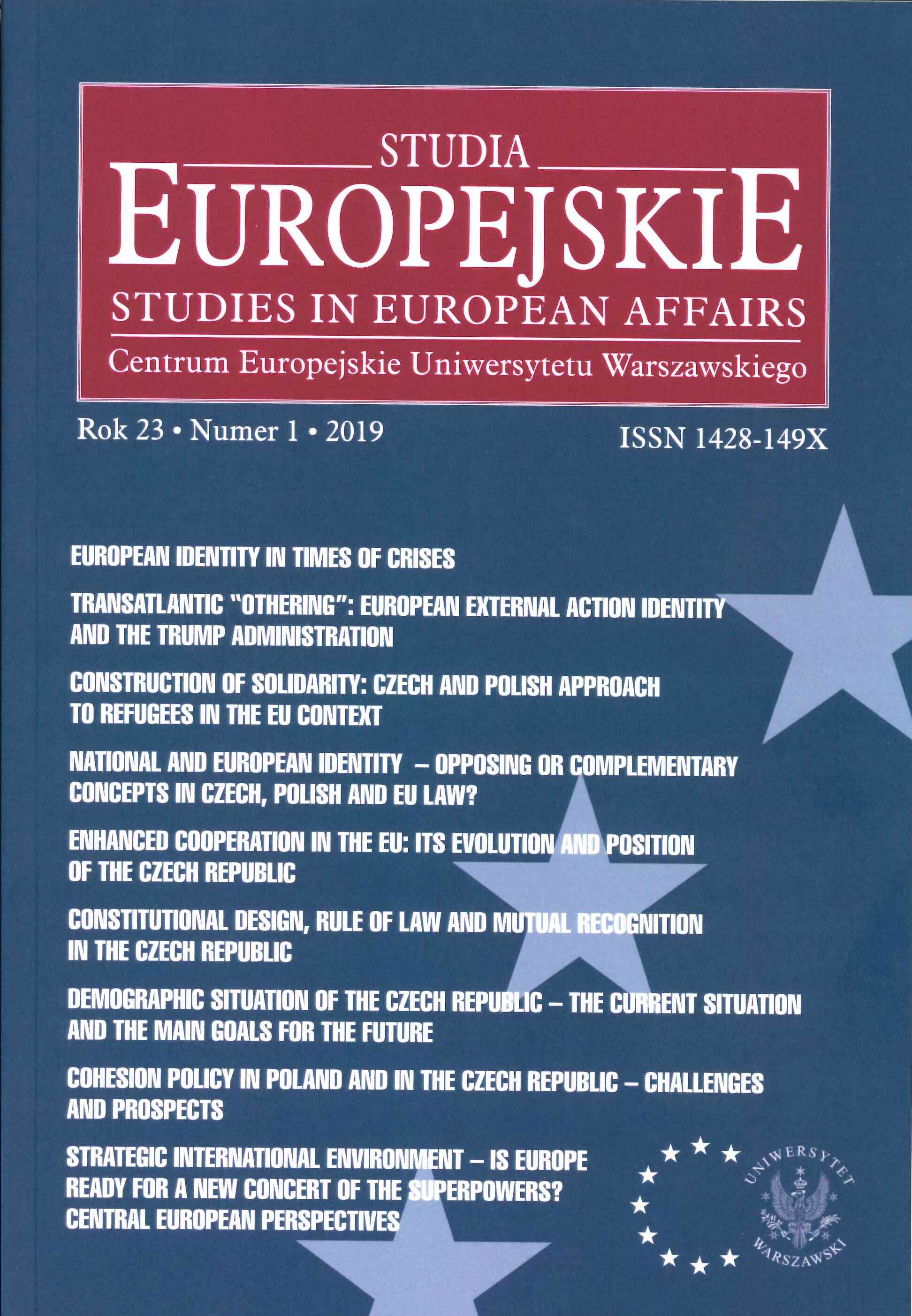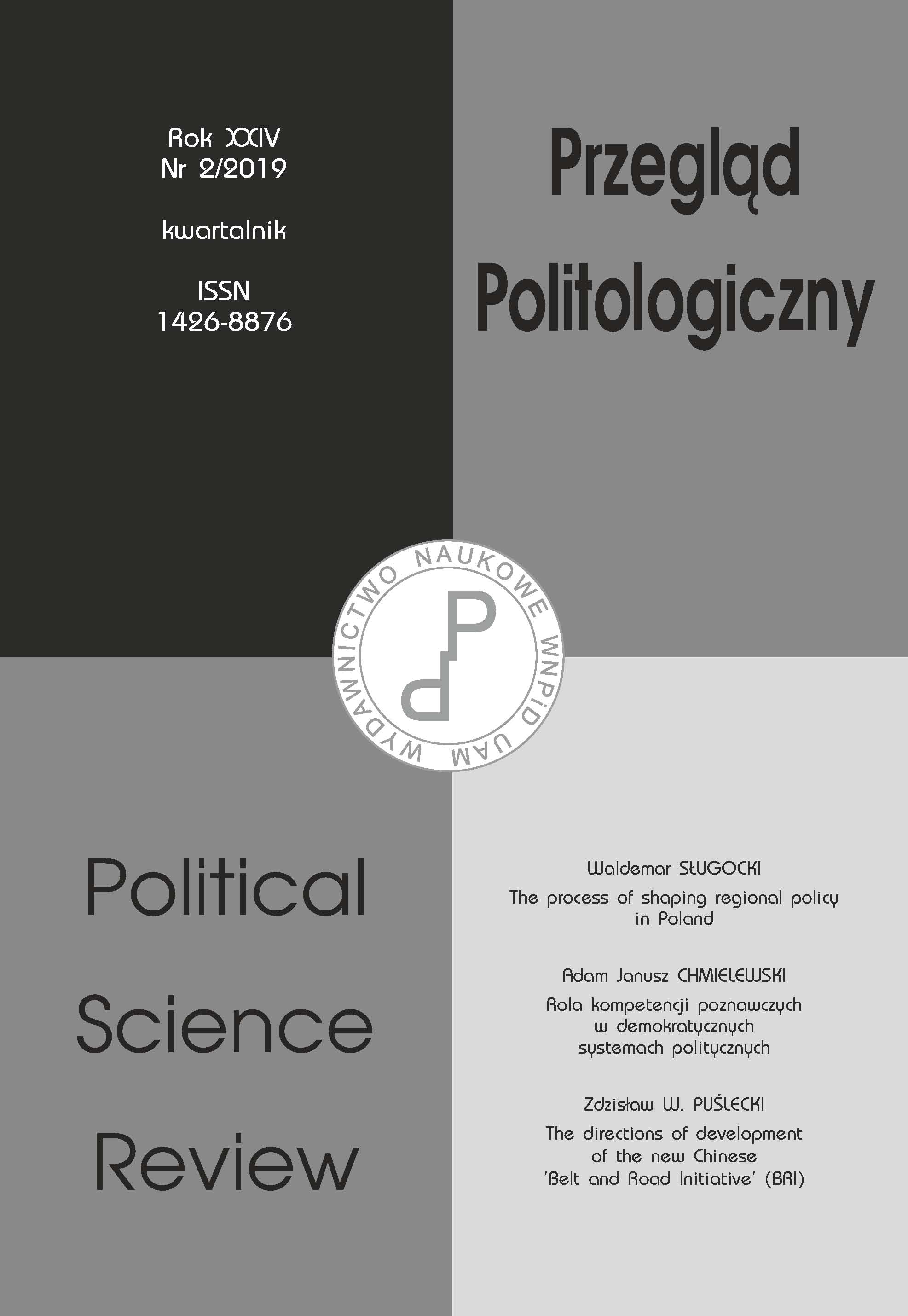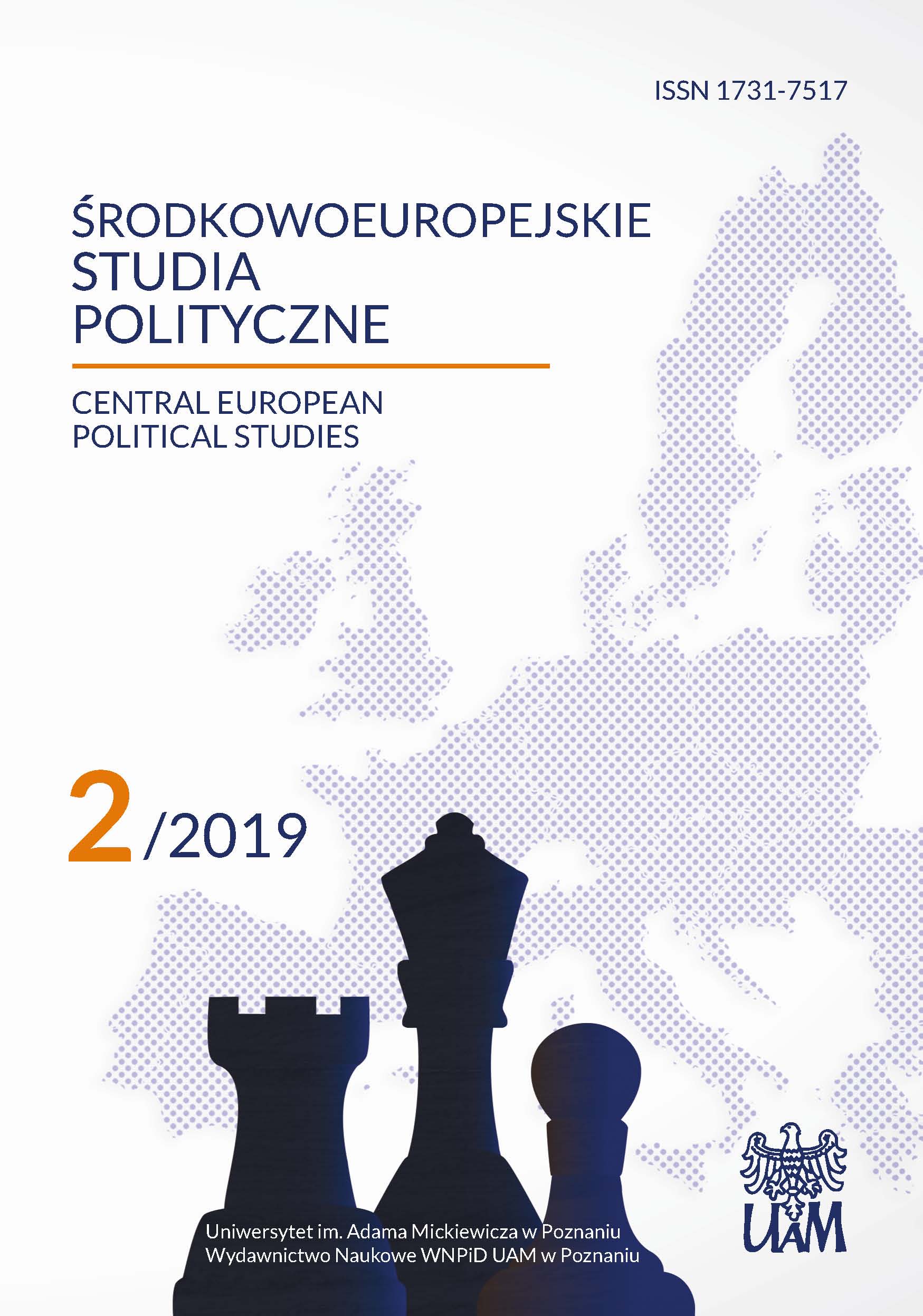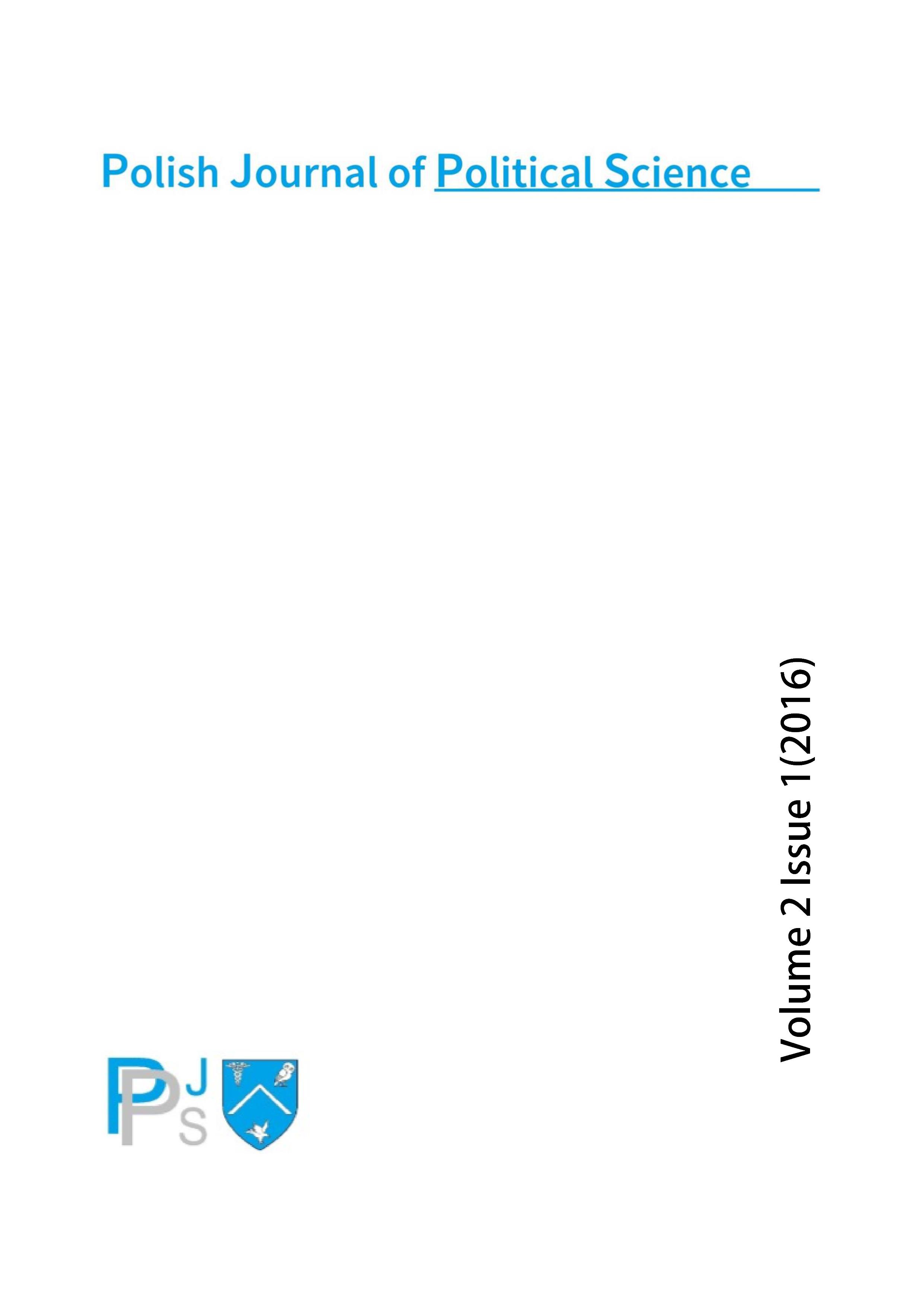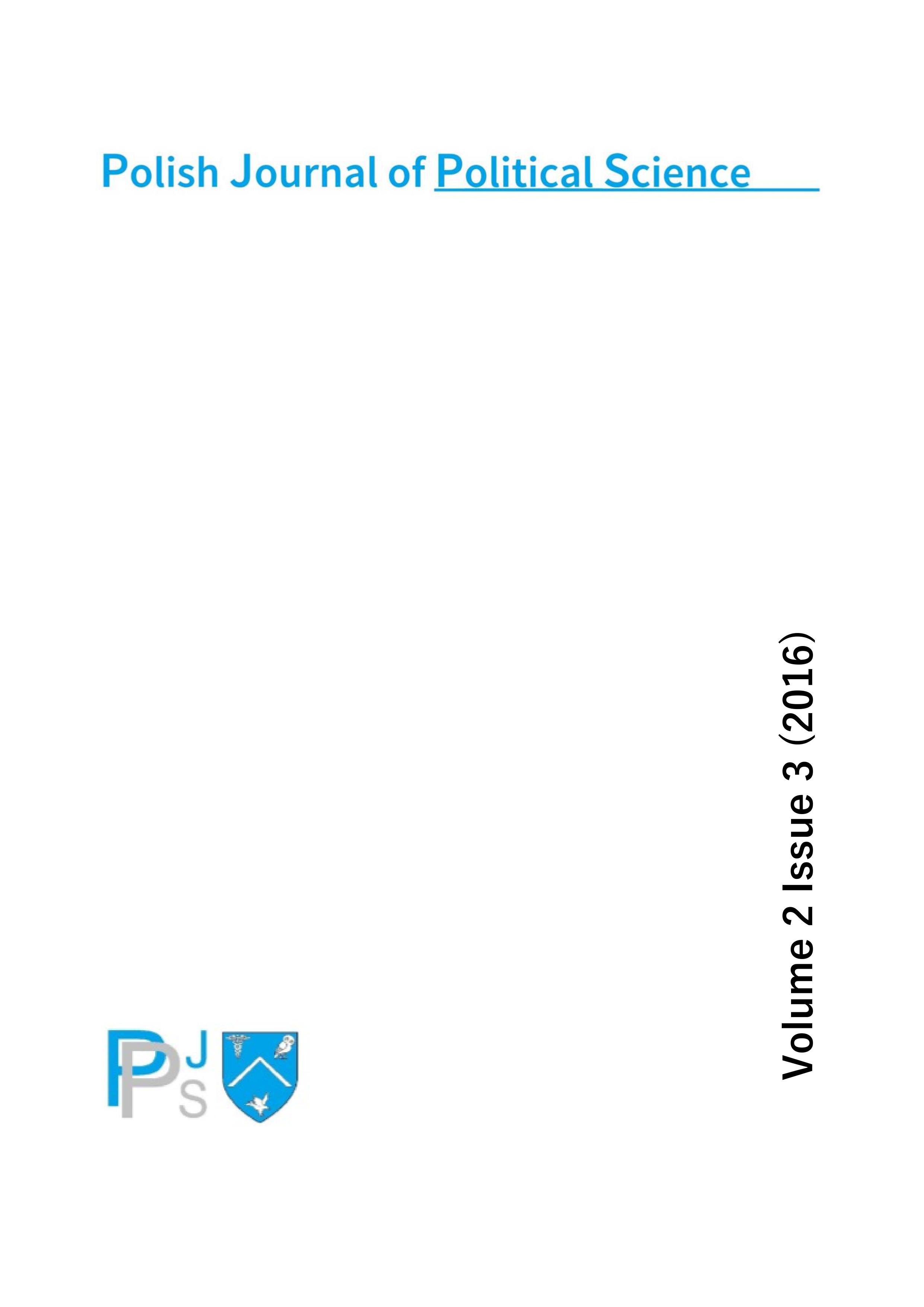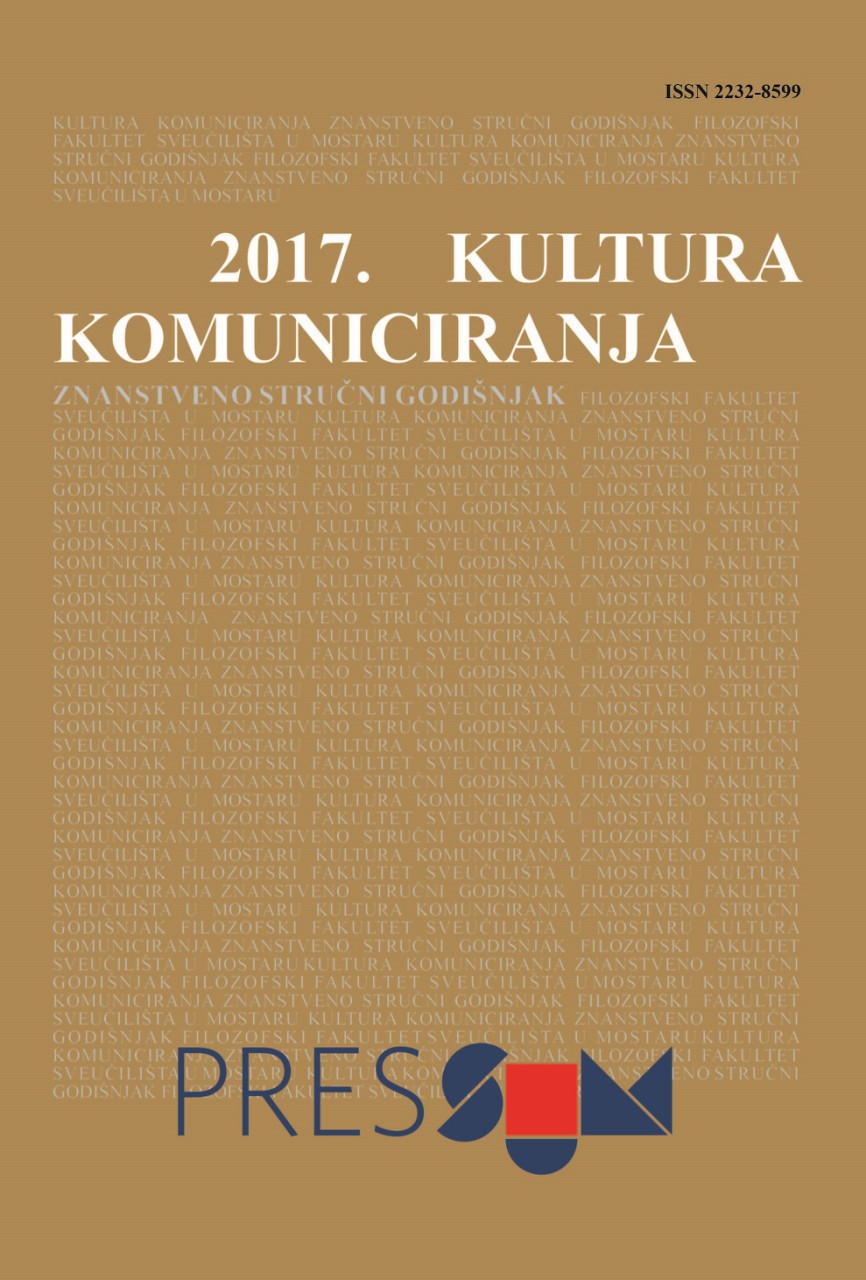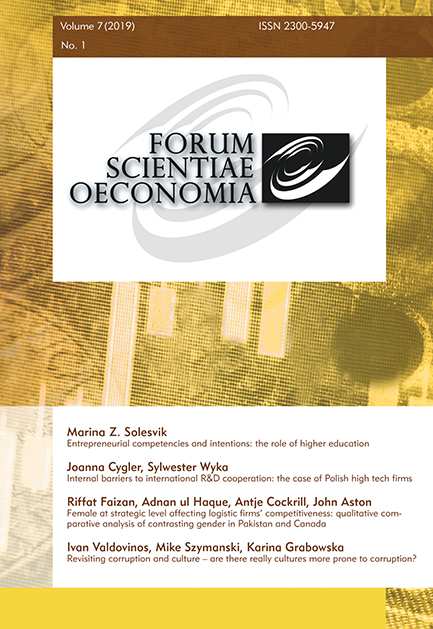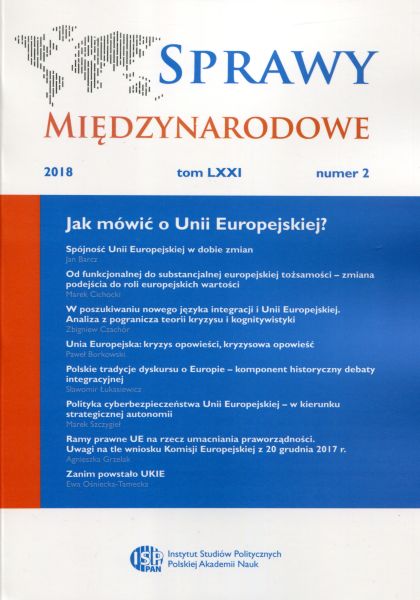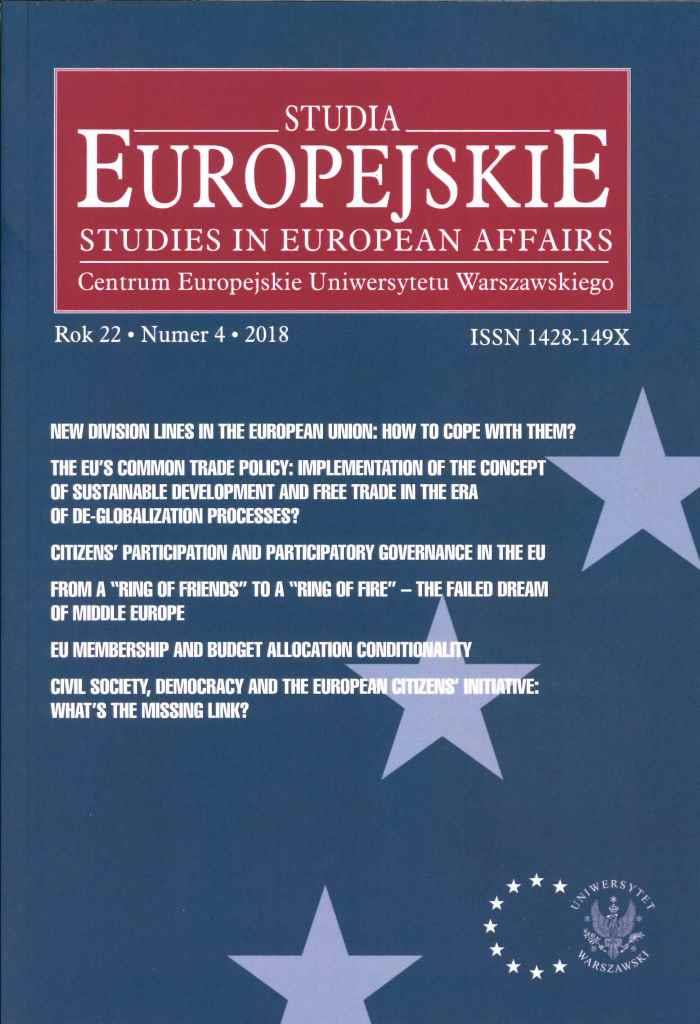
New Division Lines in the European Union.
The situation in the European Union (the EU) is undergoing in recent years a very dynamic, if not dramatic, change. During the process current liberal mainstream has found itself under growing pressure of many antiestablishment forces, mainly of far-right, more and more frequently described as (what depend from the perspective of the analysis) as counter revolutionary” or “revolutionary change”. What are the reasons of those deep social and political controversies in the EU and what they can produce? Author of this study is coming to conclusion, that multiple crises need creative thinking. It is already more than obvious that Europe now is facing many complicated problems to be resolved. Especially by those, who are concerned about the future of the EU and its member states. Because, if they will not fi nd a solution, their “populist” and “nationalist” opponents will prevail.
More...
